Guest article
World tour of regulatory news: key updates from Cosmed

Discover all the key headlines in this guest article by Cosmed, a professional association for the beauty industry.
Regulatory update for the Andean community - what impacts for our sector?
In November 2018, the Andean Community (Bolivia, Ecuador, Colombia, Peru) simplified its cosmetic regulation (Decision No. 833) for a better understanding of the industry.
Decision No. 833 will come into effect on November 26, 2019.
One of the main changes is the deletion of Free Sales Certificates (FSC). Indeed, considered as a barrier to trade, this "passport" is no longer necessary for cosmetic products:
• Since December 2018 for Colombia and Peru;
• From November 2019 for Bolivia and Ecuador.
China: from marketing to registration: what are the keys to successful marketing?
Speakers reminded us how China is one of the most lucrative markets for global consumer brands but also one of the most difficult. Not to mention the e-commerce market, the largest and most dynamic in the world.
If a long process of "branding" is essential to make its brand known to Chinese consumers and build its reputation among consumers always looking for new products, the choice of the distribution channel is essential:
• Traditional channel through distributors: pre-approval registration was replaced in late 2018 with notification and systematic post-market evaluation of products. This regulatory update "simplifies" the procedure for placing on the market.
• Through e-commerce: in the free zones (ports of entry listed by the authorities), no regulatory formalities are to be expected.
Since 2014, China has been trying to reform its cosmetic regulations. The 3rd edition of CSAR was published in China in August 2018. This project includes changes in classification. Certain "special use" cosmetics such as antiperspirants will be reclassified as a cosmetic or drug based on the claims. In this regard, an implementing decree would provide clarification.
Another major point is that it will be possible for a company to register ingredients that are not part of the positive list (IECIC 2015). A registration or notification will be based on the risk and will be valid for 3 years only for the applicant. During this period, the company will have to provide information on the substance and in particular cosmetovigilance reports.
In the long term, the substance could be included in the list of authorized substances and used by other manufacturers.
Brazil: what are the points of vigilance?
ABIHPEC, Brazilian counterparts of COSMED, underline regulatory development projects.
This country, the largest in Latin America, in terms of market and population is also one of the most active in terms of regulation. Although basic regulation is governed by MERCOSUR, there are many local specificities in registration procedures, ingredient lists and product classification.
In the next year, it will be necessary to watch closely:
• The regulations on animal testing. The project at the federal level dates from 2014. Nevertheless, some states like Sao Paulo have already banned these tests.
• The regulation on organic and natural products. Pending a specific regulation on cosmetic products, the ISO 16128 standard has been recognized.
• The regulation on chemicals. Inspired by the European, Canadian and American models, this bill will identify and evaluate the chemical substances on the market. Depending on the risks, the authorities will take appropriate measures (restrictions and / or prohibitions).
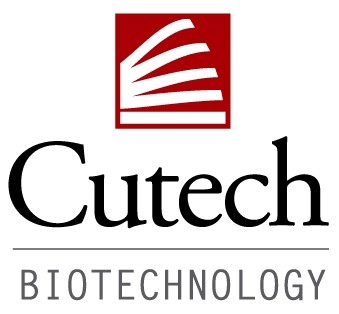
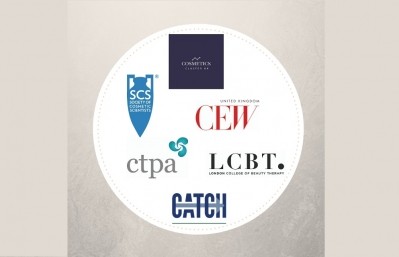
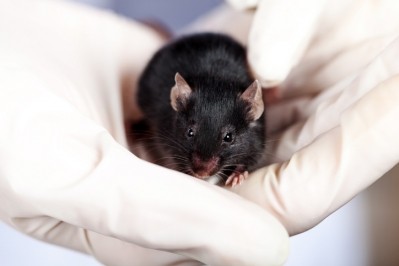
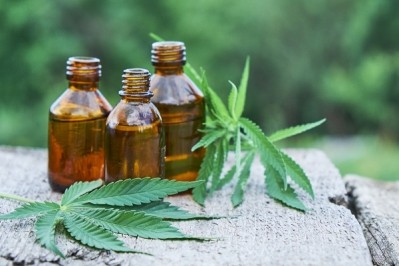
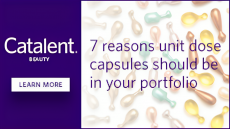

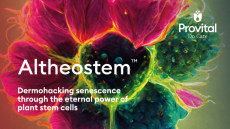



![Chinese study highlights mental health challenges in atopic dermatitis, emphasising holistic patient care. [Getty Images]](https://www.cosmeticsdesign-europe.com/var/wrbm_gb_food_pharma/storage/images/_aliases/wrbm_tiny/publications/cosmetics/cosmeticsdesign-asia.com/headlines/formulation-science/chinese-research-linking-atopic-dermatitis-to-mental-health-underscores-need-for-holistic-care/17040623-1-eng-GB/Chinese-research-linking-atopic-dermatitis-to-mental-health-underscores-need-for-holistic-care.jpg)








